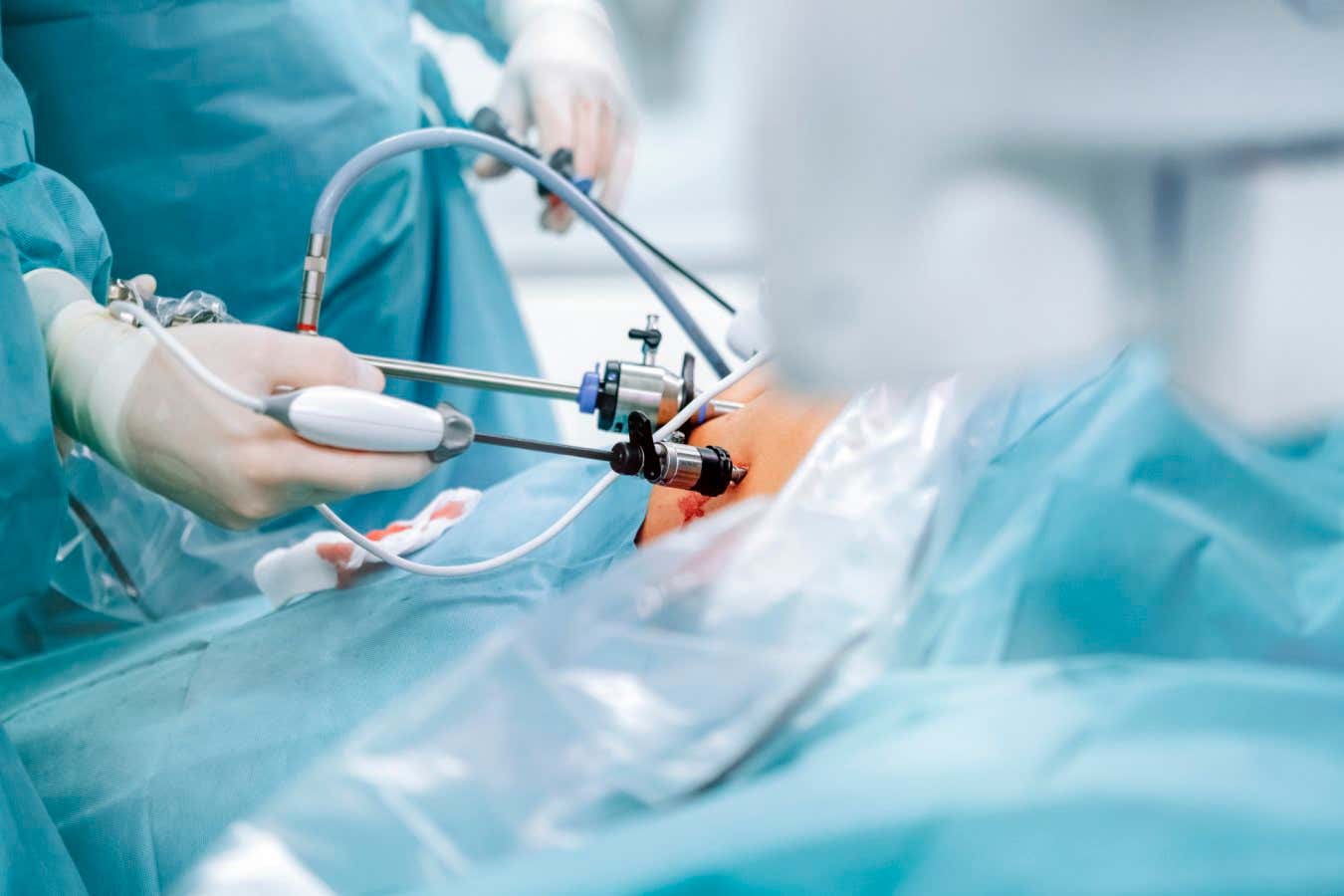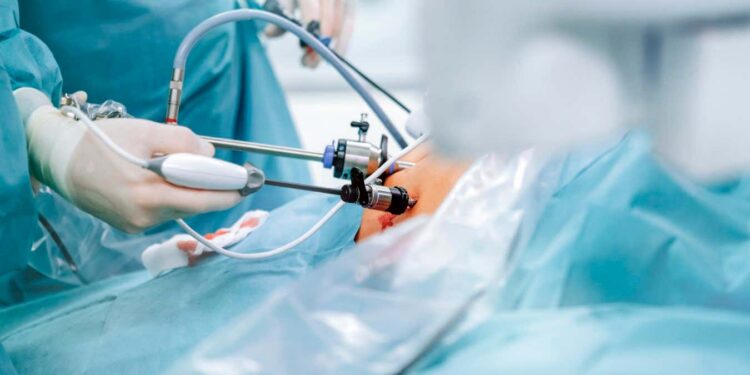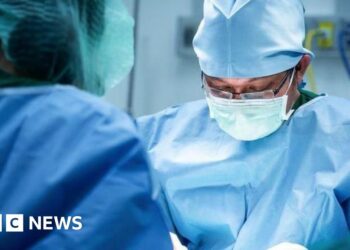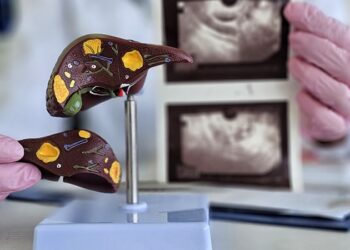
Gastric bypass surgery is generally used for weight loss, but it may have other benefits
Portra/Getty Images
A common form of weight-loss surgery may cut the risk of colorectal cancer by altering levels of molecules called bile acids in the blood and small intestine. The findings could lead to new treatments for bowel cancer.
Gastric bypass surgery involves stapling the stomach to form a small upper pouch and a larger lower pouch. The small intestine is then connected to the upper pouch so food and digestive juices bypass most of the stomach and the start of the small intestine. After having the surgery, people typically feel full sooner and lose weight.
Prior studies have also linked the procedure to a reduced risk of colorectal cancer, but it was unclear why. To find out, Rebecca Kesselring at the University of Freiburg in Germany and her colleagues fed mice a high-fat diet until they gained around 50 per cent of their initial body weight, on average. They then gave a third of the mice gastric bypass surgery while the rest underwent sham surgery that didn’t rearrange their digestive organs.
Aiming to isolate the effect of having gastric bypass surgery from that of losing weight, the team put the gastric bypass group and half of the remaining mice on a diet that caused them to lose about a fifth of their weight, on average, over six weeks.
The researchers then implanted colorectal cancer cells into the mice’s colons. After another six weeks, they found that colon tumours in the gastric bypass group were two-thirds smaller than those of either the mice that had kept gaining weight or the mice that had lost weight through diet alone.
What’s more, tumours had spread to the liver in only one mouse out of 20 in the gastric bypass group, while this occurred in most animals in the sham groups.
“As both sham groups had similar tumour levels but different weights, weight loss itself didn’t account for the reduced cancer risk – there was something else about bypass surgery,” says Kesselring.
The team wondered if changes in bile acids, a mix of molecules that digest fats, might be responsible. These are usually made by the liver and pass through the gall bladder, stomach and small intestine before returning to the liver via the blood.
“With bypass surgery, bile acids are introduced later into the small intestine,” says Kesselring. This means they may encounter a different mix of gut bacteria, which chemically alter the molecules.
The mice that underwent gastric bypass surgery had reduced levels of some bile acids called primary bile acids in their colons and blood compared with those in the sham groups.
To test whether bile acid changes really did alter cancer risk, the team put another group of mice through the same experiment – but instead of gastric bypass surgery, these mice had an operation that simply diverted their bile acids to a later part of their small intestine without altering the stomach.
Crucially, the team found that this lowered levels of primary bile acids in the blood and reduced the size and spread of colorectal tumours in these mice as effectively as gastric bypass surgery. This was supported by another experiment where the team found that primary bile acids boost the growth of colorectal cancer cells in a lab dish.
The findings suggest that targeting primary bile acids could help treat cancer. “We could maybe figure out some oral drug that reduces these bile acids, that we could give to people with cancer, to simulate some of these beneficial effects of [gastric bypass] surgery,” says Vance Albaugh at Louisiana State University.
Topics:
Source link : https://www.newscientist.com/article/2485890-gastric-bypass-surgery-may-cut-the-risk-of-bowel-cancer/?utm_campaign=RSS%7CNSNS&utm_source=NSNS&utm_medium=RSS&utm_content=home
Author :
Publish date : 2025-06-25 19:00:00
Copyright for syndicated content belongs to the linked Source.














